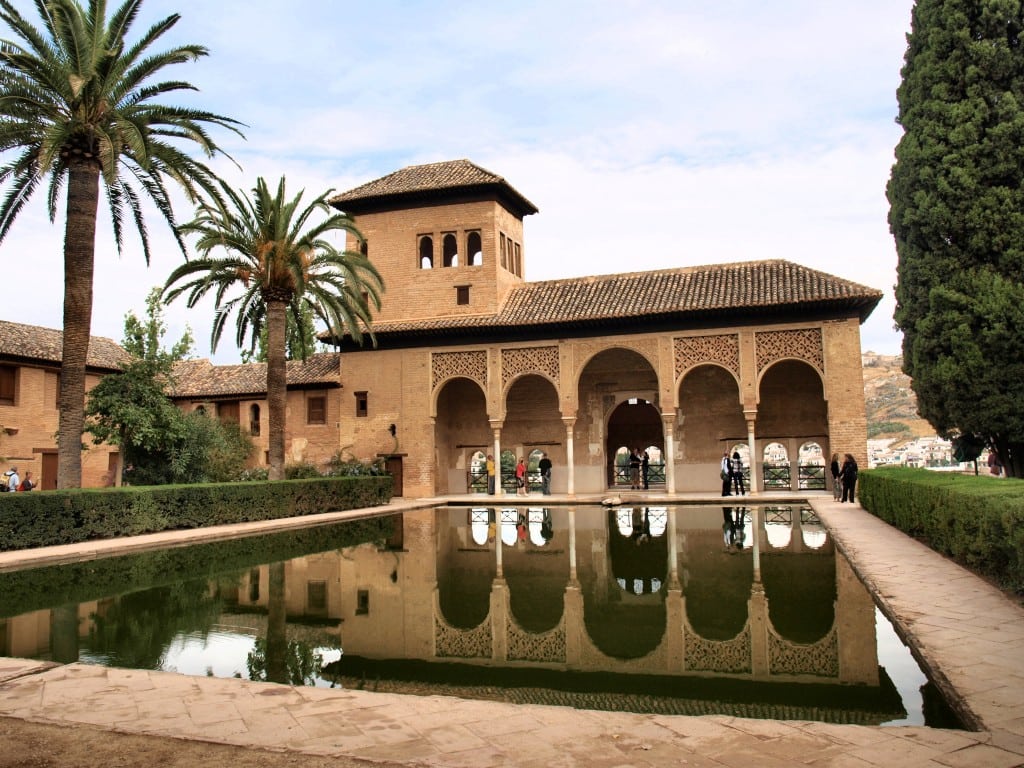
Singapore – Muslim visitors to Japan are expected to reach one million a year by 2020, triple the 2013 level, as it further opens up to tourists, a specialist travel firm said.
Singapore-based CrescentRating, which promotes “halal” or Islam-compliant travel, said Southeast Asia would be a key source for Muslim tourists after Tokyo eased visa requirements.
Muslim visitor arrivals in Japan grew at an average of 7.2 percent from 2004-2013 and this pace is likely to accelerate to an average 18.7 percent in the next seven years, the company said ahead of a halal travel conference in Tokyo starting on Monday.
“The main drivers are the lifting of visa requirements for ASEAN countries and the increasing awareness of the halal travel market’s potential by Japan’s travel industry,” said CrescentRating chief executive Fazal Bahardeen, who will speak at the conference.
Japan announced in June 15-day visa-free entry for Indonesians and has relaxed entry requirements for Malaysians and Thais as well. Indonesia is the world’s biggest Muslim-majority nation and Malaysia has a predominantly Muslim population.
In 2013, the top three source markets for Muslim travellers to Japan were Indonesia, Malaysia and Singapore, according to Fazal.
Japanese Prime Minister Shinzo Abe has made tourism development a key plank of his administration.
Karun Budhraja, vice president for corporate marketing and communications at travel booking and technology firm Amadeus Asia Pacific, said tourism would also get a boost from Japan’s hosting of the Olympic Games in 2020.
“A positive move by Japan last year was to introduce visa exemptions for some 66 nations, including Thailand, Malaysia, Singapore and Indonesia, each with Muslim populations,” Budhraja told AFP.
Fazal said there was still a lot of room for growth of Muslim tourism in Japan but it “needs to continue to ensure that a steady growth of services and facilities are made available for the Muslim travellers”.
Japan is a largely homogeneous country with only around 100 000 practising Muslims, who have distinct needs when they travel including restaurants serving halal food and prayer rooms at airports, shopping malls and hotels.
Fazal said expenditure by Muslim travellers globally is expected to reach $200-billion by 2020, or 13.5 percent of the global total, up from $140-billion in 2013. – Sapa-AFP


![Japan: HDC Continues Working Relationship between Malaysia and Japan Advancing Halal Trade Initiatives Dato’ Seri Dr. Ahmad Zahid Hamidi chaired the Roundtable Session Osaka[45]](https://halalfocus.net/wp-content/uploads/2024/02/Dato-Seri-Dr.-Ahmad-Zahid-Hamidi-chaired-the-Roundtable-Session-Osaka45-150x150.jpg)
